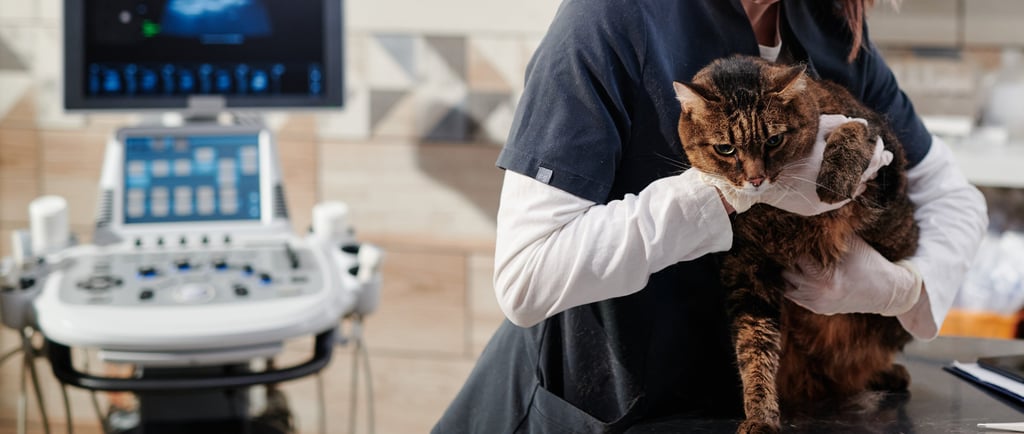Is Your Pet Acting Strange? It Might Be a Virus—Here’s What to Watch For
EDUCATION


Recognizing the Signs Your Pet May Have a Virus
As pet owners, we always want our furry companions to stay happy and healthy. But just like humans, animals can be vulnerable to viral infections that may seriously impact their well-being. Knowing the early warning signs of a virus can help you act quickly and get your pet the care they need before things get worse.
Here are some common symptoms to watch out for:
1. Loss of Appetite
If your pet suddenly refuses food or shows no interest in their favorite treats, this could be an early sign of illness. Viruses such as Parvovirus (in dogs) or Panleukopenia (in cats) often cause a dramatic drop in appetite.
2. Lethargy and Low Energy
A normally playful pet that suddenly becomes sluggish, sleeps more than usual, or seems uninterested in activity may be fighting off an infection. Fatigue is a common symptom in many viral illnesses.
3. Fever
While pet fevers aren't always easy to detect, signs like a warm body, shivering, or rapid breathing could indicate an elevated temperature. Only a vet can confirm fever, so be attentive to these subtle changes.
4. Coughing, Sneezing, or Nasal Discharge
Upper respiratory viruses—like Canine Distemper or Feline Calicivirus—can cause cold-like symptoms such as coughing, sneezing, or runny nose and eyes.
5. Vomiting or Diarrhea
Digestive issues, especially those involving blood, may signal dangerous infections like Parvovirus. These symptoms can escalate quickly and require urgent veterinary attention.
6. Changes in Behavior
A pet that suddenly becomes aggressive, anxious, withdrawn, or unusually clingy may be feeling unwell. Behavioral changes are often the first noticeable sign something is wrong.
What Should You Do If You Notice These Signs?
If your pet shows one or more of these symptoms, don’t delay—visit your veterinarian immediately. Early diagnosis and treatment are key to a full recovery.
Steps you can take:
Track the symptoms and how long they’ve lasted
Avoid letting your pet interact with other animals (to prevent spread)
Keep them hydrated
Follow all advice and prescriptions from your vet
Prevention Is the Best Medicine
Routine vaccinations, proper hygiene, nutritious food, and regular vet check-ups are essential to preventing illness. As a responsible pet parent, staying informed and observant can make all the difference.
Remember: Your pet can’t tell you what’s wrong—but their body language and behavior can. Stay alert, be proactive, and protect the ones who depend on you most.

